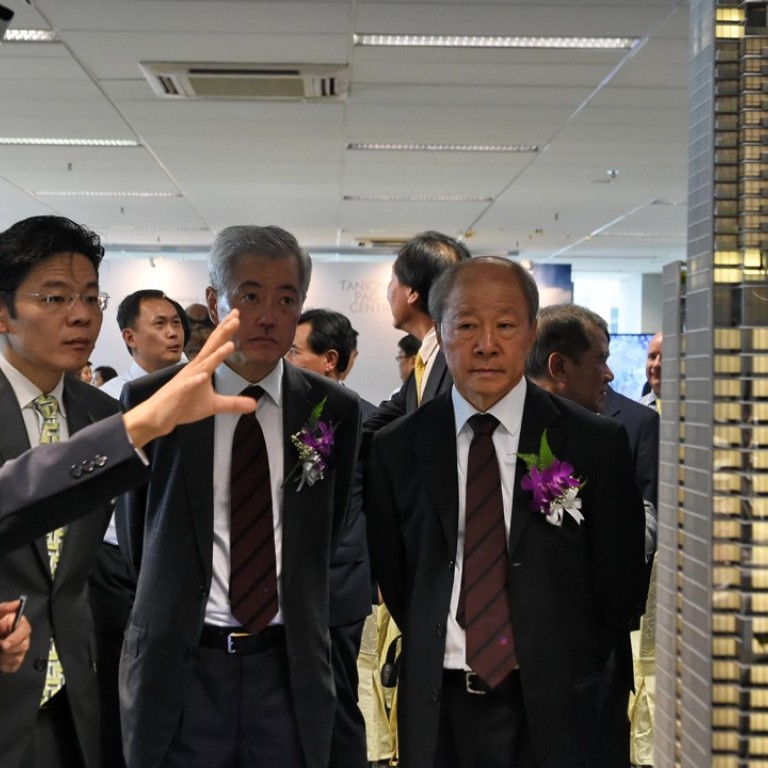
Can Singapore tame its property market with new rules?
‘Draconian’ measures have been put in place to cool off private home prices that have risen more than 9 per cent over the past year as officials hope to nip a potential housing bubble in the bud
It is 11 on a Thursday night, and a private condominium show suite in Singapore’s Hougang district – a populous area in the northeastern side of the island – is unusually packed.
Snaking queues stretch beyond the Riverfront Residences showroom, while cars are double-parked. Inside, bright lights and shouting flood the space.
Wild-eyed property agents scramble frantically looking for clients lost in the crowd, while sweaty bankers with rolled-up sleeves hand out stacks of forms to whoever is keen on taking them.
Singapore sex toy sales buzzing thanks to ‘healthy’ branding
As one property buyer Edward Lim, 42, drily recalls: “It was like a wet market, except that the goods on sale were not fish but S$1 million [US$734,680] condos.”
The mad frenzy came just before a fresh round of property curbs were implemented by the Singapore government, in yet another attempt to cool one of the world’s hottest real estate markets.
But like other top-tier Asian markets such as Tokyo and Hong Kong, demand for Singapore’s property remains feverish, and any bitter medicine that the government dishes out is only likely to subdue the market temporarily.
FRENZY AND FURORE
Among other things, the curbs see higher stamp duties for foreigners as well as Singaporeans buying their second and subsequent properties.
Foreign buyers will now have to pay a stamp duty of 20 per cent, a rate similar to Hong Kong’s 15 to 20 per cent.
Loan limits were also tightened, while developers have to pay more if they wanted to buy land for redevelopment.
Singapore’s oBike gets on its bike: proof you can ‘kill your innovators’?
One property analyst describes the latest set of measures as among the most draconian in 20 years, while another likens the measures to using a “sledgehammer to kill a fly”.
The Real Estate Developers’ Association of Singapore lambasted the government’s move in a statement last week, declaring there is “no rationale” for the latest round of cooling measures.
The government’s motive for springing the curbs is simple: policymakers are acting to keep a lid on what they see to be the beginnings of a frothy property market.
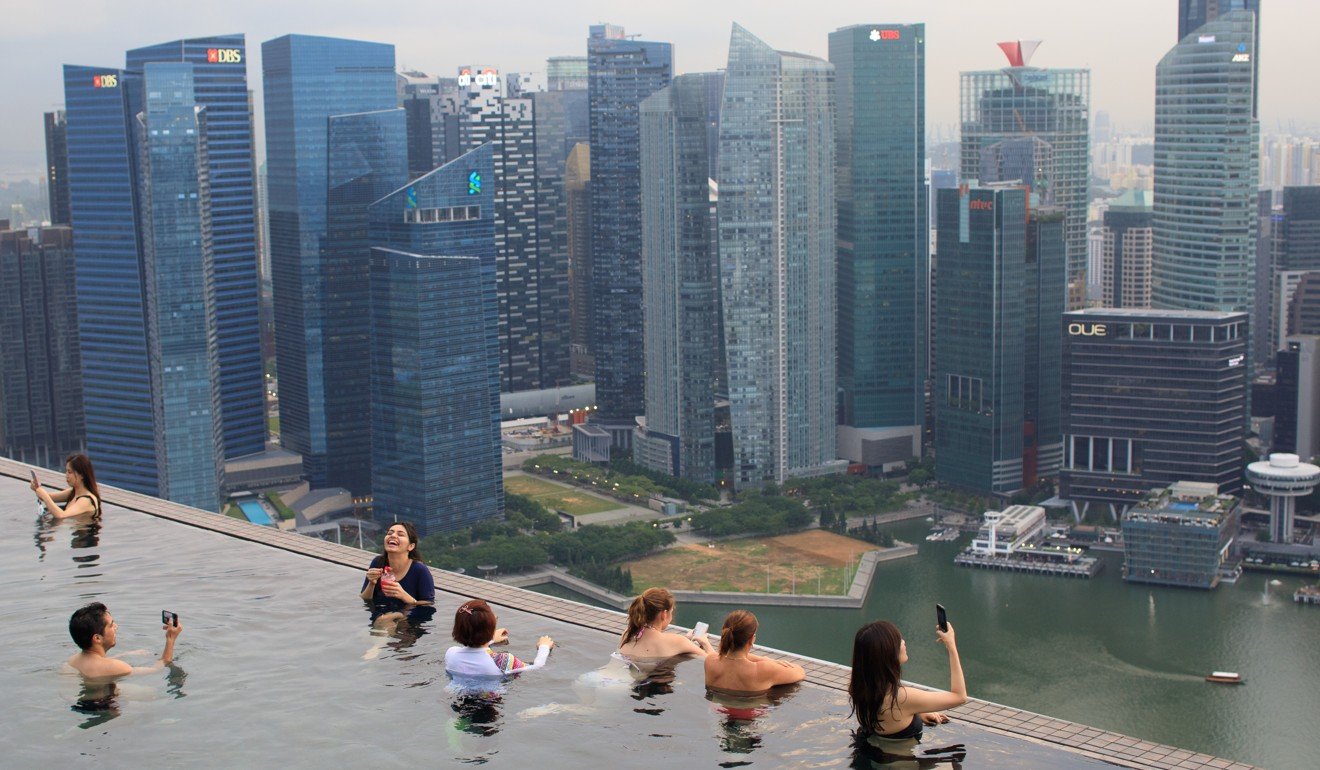
“We are very concerned that prices are running ahead of economic fundamentals,” says Lawrence Wong, Singapore’s national development minister.
“We want to avoid a severe correction later, which can have more destabilising consequences. Hence we are acting now to maintain a stable and sustainable property market.”
Official data shows private home prices have risen 9.1 per cent over the past year, and by 3.4 per cent over the three months to June.
Singapore’s university challenge: to value skills as much as degrees
Demand for property surged on the back of a strong economy last year, note economists. Last year, Singapore’s economy grew 3.6 per cent, the fastest pace since 2014.
Another major factor is the rash of redevelopment deals inked by developers who were looking to replenish their land bank. The en-bloc fever saw developers seal 27 deals worth S$8.13 billion last year.
That has released huge amounts of liquidity and unleashed cash-rich investors in to the market looking for the next property to buy. Research by RHB shows that 87 per cent of property buyers in the second quarter of this year are local residents. Foreigners make up just 5 per cent, down from 17 per cent in the second quarter of 2011.
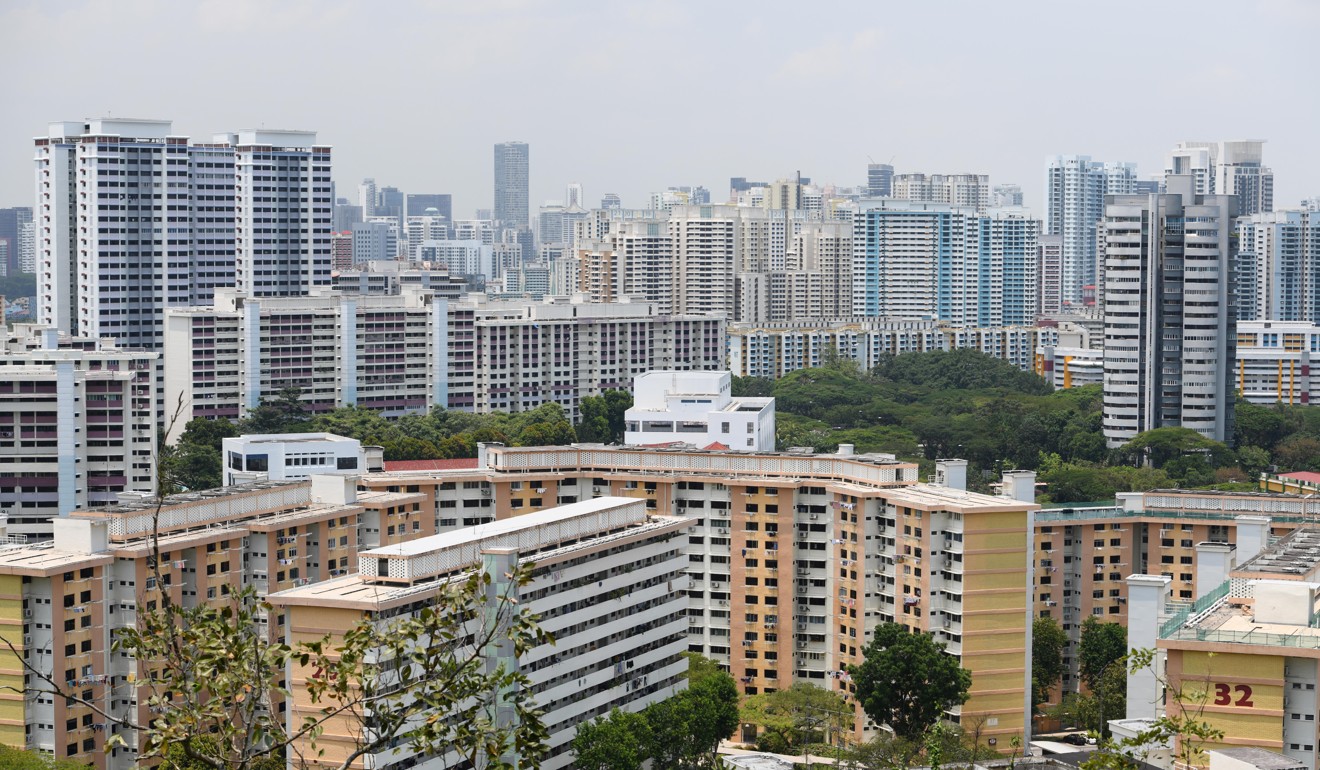
The worry is that many local buyers are over-committing themselves to loans without thinking about how rising interest rates could affect their ability to service the debt, said OCBC Bank economist Selena Ling.
“Singapore policymakers may have preferred to adopt a ‘nip it in the bud’ philosophy rather than allow it to bubble over and take even more draconian measures down the road.”
At the same time, the outlook for Singapore’s economy looks increasingly gloomy, says Ku Swee Yong, chief executive of real estate consultancy International Property Adviser.
Fighting cancer in Singapore, eating plastic in Indonesia: is Southeast Asia the next Silicon Valley?
All this spells instability for the Singapore dollar, and potentially an increase in local banks’ interest rates.
“With rising interest rates and increasing vacancies, investors who bet on rental income are now realising that their investment cash flow is weak, and expectations of capital gains are far out in the unforeseeable future,” Ku says. “Cooling the market is harsh, but it may be the correct thing to do.”
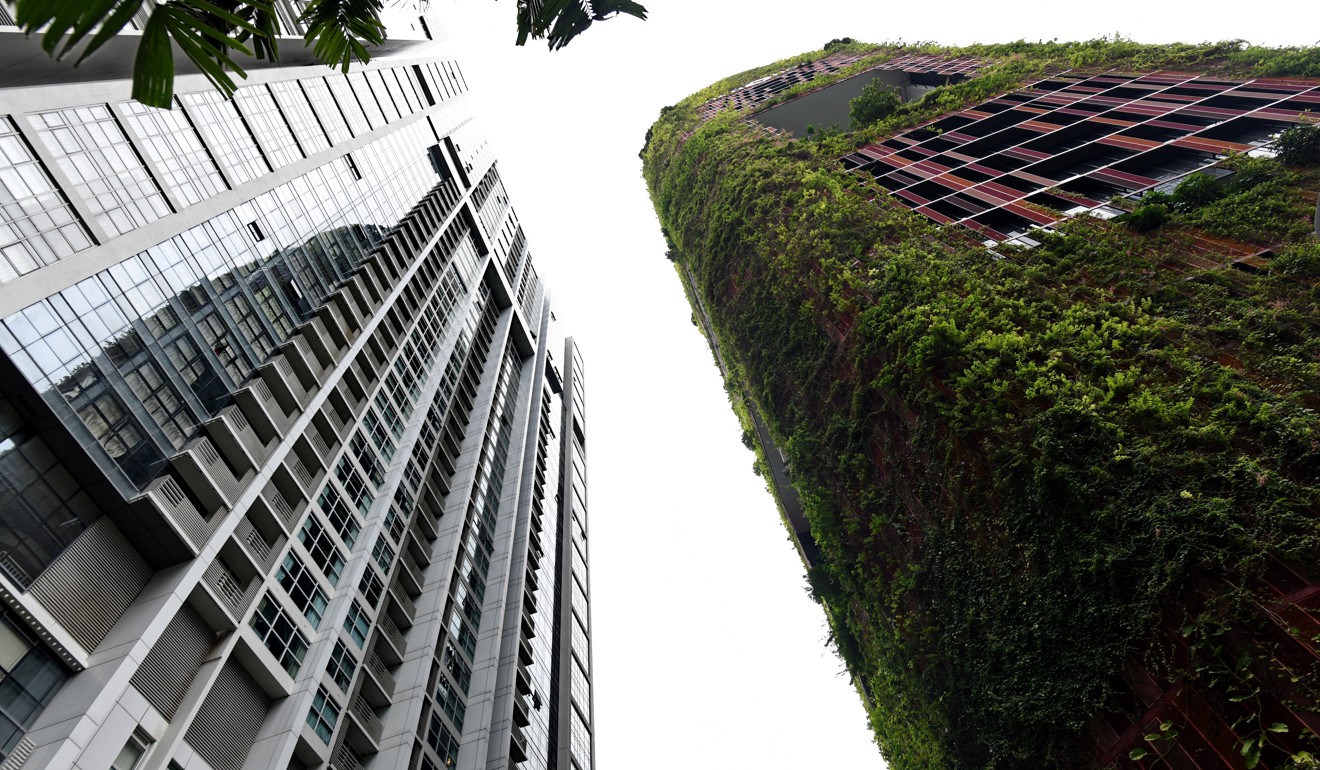
SO WHAT NOW?
The curbs have shocked the market and are likely to stun the buyers into inactivity over the next few months, but the effect could be temporary.
Cushman and Wakefield’s senior director of research Christine Li expects the Singapore property market to “go quiet” for the next couple of months, as developers and investors wait for the dust to settle.
Developers have also started to dangle discounts to offset the measures and lure buyers back in.
Singapore’s Tuas mega-port: plain sailing ahead?
Singapore’s reputation as a financial hub in Asia also means that its property market will always remain on the radar for international property buyers who rank it alongside major cities such as Hong Kong, Tokyo, Sydney and London.
In fact, the latest cooling measure implemented in Hong Kong – a vacancy tax on newly built flats that remain unsold for six months, which is estimated to amount to about two years of rental income – has done little to tame the market.
Much will also depend on how the economy performs next year, Li says. If it continues to grow and incomes rise, buyers could return to the market.
On the other hand, should growth falter, these latest curbs could be the first to go as part of efforts to provide stability to the economy.
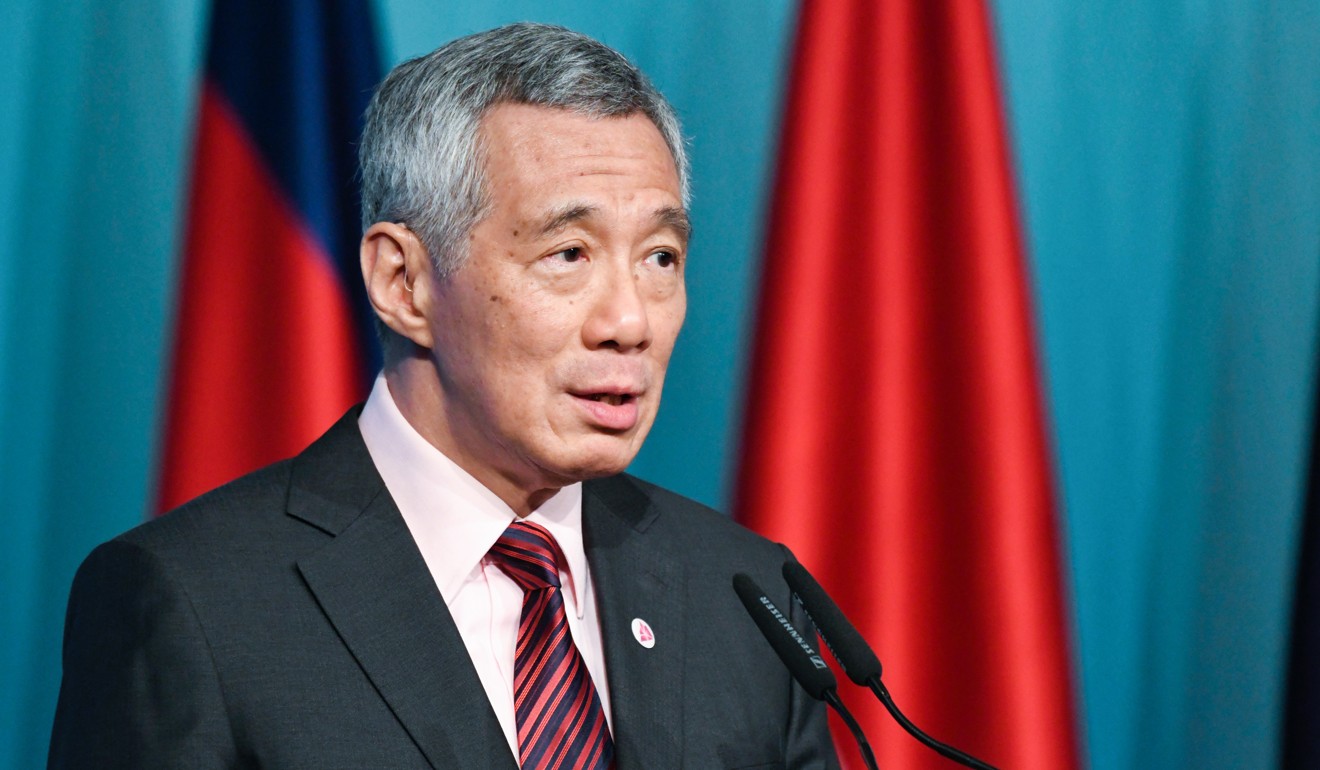
Looking further ahead, analysts also note that the move comes at a crucial period for the People’s Action Party government.
The next election will have to be held by 2021, and property prices, if left unchecked and out of reach for young Singaporeans, could become an election issue, Ku says.
Singapore’s got a taste for Hong Kong cooking – and it’s coming back for more
For property buyers like Lim, politics is far from his mind. He rushed to buy a two-bedroom flat for S$800,000 on July 5 right before the curbs kicked in the following day because, he says, it was just too good a chance to pass up.
“There’s nothing like having an investment you know will still be there over the years; to own a piece of the land you live on. If I have the money, and it makes sense financially, I will always opt to buy a second, third or even fourth home,” he says. ■

